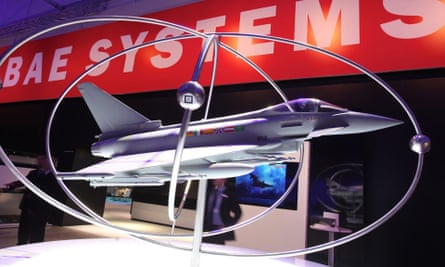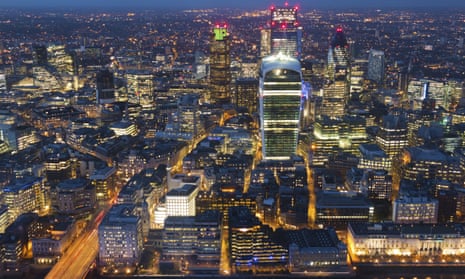Wimbledon tickets, iPads and Montblanc pens worth £300 were among hundreds of gifts handed to senior civil servants by corporations over a three-year period, raising potential conflicts of interest, the government’s spending watchdog has disclosed.
According to the National Audit Office, mandarins accepted perks from bankers during a market manipulation inquiry, and also from the big four accountancy firms who have been criticised for encouraging tax avoidance schemes.
Other government officials may be in breach of Cabinet Office rules, auditors have said, after being treated by “stakeholders” to tours of the Harry Potter studios, FA Cup semi-final tickets, movie premieres, concerts at London’s O2 arena and private viewings of art exhibitions.
Perks have also been extended to family members, the inquiry found. Husbands, wives and children of Whitehall’s most powerful mandarins have been given tickets to events like the Olympics opening ceremony, RHS Chelsea flower show, music recitals and operas on 35 occasions, it said.
The disclosures come in a report released on Tuesday into the gifts and hospitality culture in Whitehall. Acceptance of perks is allowed under civil service rules but must be in the interests of the government, be proportional and not cause a conflict of interest. Each department sets its own policies based on wider guidance but some “fell short of good practice”, the NAO said.
Auditors examined declarations of gifts and hospitality of senior civil servants over a three-year period to March 2015. They found that the most frequent corporate provider was the City of London Corporation, a pressure group funded by the Square Mile, with 73 declarations by senior civil servants.

The second biggest corporate gift-giver was the accounting giant PwC, with 67; third was the Confederation of British Industry with 50; fourth was the big four firm Deloitte with 46; and fifth was BAE Systems with 42, a major supplier of defence equipment to the government.
The British Bankers’ Association gave declarable gifts or hospitality to civil servants on 21 occasions over three years. Auditors pointed out that at the same time some of its members were being investigated in the UK for market manipulations and by the competition regulator.
HSBC, Bank of America Merrill Lynch and Barclays together took senior officials out to events 62 times over the same period.
All four of the so-called big four audit firms, which earn tens of millions from public sector contracts, are in the top 10 corporate gift-givers to mandarins, the NAO said. As well as PwC and Deloitte, Ernst and Young provided gifts and hospitality to civil servants across government on 34 occasions, while KPMG was the subject of a declaration 30 times.
HMRC officials in the year to March 2015 received 38 perks from PwC, Ernst and Young and Deloitte in the year to March 2015. All three firms were accused by the public accounts chair Margaret Hodge last year of being part of an industry of marketed avoidance schemes.
Whitehall’s senior officials must release details about extras they have received but information about lower-ranking civil servants is held on undisclosed departmental registers. Across 17 departments, senior civil servants accepted around 29,000 items of gifts and hospitality in 2014/15, according to NAO estimates.
The most common type of hospitality accepted by civil servants is lunch, representing almost half of that accepted, the report said.
NAO head Amyas Morse said: “Public officials are sometimes offered gifts and hospitality by external stakeholders, which it is reasonable for them to accept. This can, however, present a risk of actual or perceived conflicts of interest, and undermine value for money or affect the government’s reputation.
“While most, but not all, cases declared by officials appear on the face of it to be justifiable in the normal course of business, we found some weaknesses in the oversight and control of gifts and hospitality. This needs to be addressed by the Cabinet Office and departments.”
Labour claimed the report raised many examples of a possible conflict of interest at the heart of government.
Louise Haigh, the shadow culture minister, said: “[The report] confirms the lopsided approach of this government – skewed entirely towards big business – hardly surprising given they and their senior officials spend a significant proportion of their time with them.”
